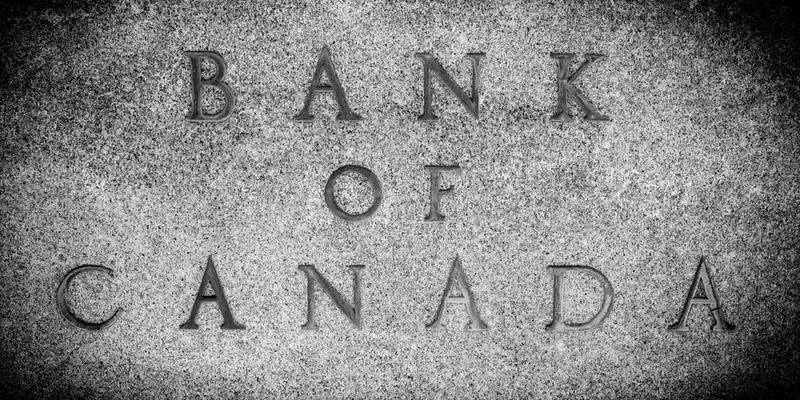You'll be
redirected in a few seconds. Please don't exit this window.

If you are not redirected within 30 seconds, please click here to continue.
Québec
If you are looking for a car insurance quote in Québec, you will be directed to
Click Insurance, where you will be able to compare quotes from top insurance companies in that province.
You'll be
redirected in a few seconds. Please don't exit this window.
Motorcycle Insurance
If you are looking for a motorcycle insurance quote in Ontario, you will be directed
to NFP Insurance, where you can compare your options with a licensed insurance professional.
Nous sommes là pour vous
aider
Malheureusement, notre site n’est pas en capacité de vous proposer une soumission en
ligne en français pour le moment. Toutefois, vous pouvez nous contacter afin qu’un agent francophone
vous assiste dans votre recherche du meilleur prix.
1-888-854-2503
Lundi – Vendredi: 8h - 20h HAE
Samedi: 10h – 16h HAE
Samedi: 10h – 16h HAE
You'll be
redirected in a few seconds. Please don't exit this window.

If you are not redirected within 30 seconds, please click here to continue.
Québec
If you are looking for a car insurance quote in Québec, you will be directed to
Lussier Insurance, where you will be able to compare quotes from top insurance companies in that
province.
Québec
Si vous recherchez une soumission pour une assurance auto au Québec, nous allons
vous connecter avec l’un de nos partenaires dans ce secteur.
Québec
If you are looking for a property insurance quote in Québec, you will be directed to
Click Insurance, where you will be able to compare quotes from top insurance companies in that province.
Québec
Si vous cherchez un devis d'assurance habitation au Québec, vous serez dirigé vers
Click Insurance, où vous pourrez comparer les devis des meilleures compagnies d'assurance de cette province.
You'll be
redirected in a few seconds. Please don't exit this window.
If you are not redirected within 30 seconds, please click here to continue.
If you are looking for a travel insurance quote and reside in Québec, you will be
connected with one our dedicated insurance partners offering quotes in that area.
Compare life insurance quotes
If you are looking for a life insurance quote, you will be directed to
LowestRates.ca, part of the RATESDOTCA Group Ltd family of companies, where you will be able to compare
quotes from top Canadian insurance companies.
Articles From Rob McLister
How much down payment do I need?
Down payment size is a constant question among homebuyers. Many assume, “bigger is better.” But is it?

What Today's Bank of Canada Announcement Means to Mortgagors
The Bank of Canada stuck to its long-standing script today.

Amid Inflation Scare, Rates Dive on Deflation Scare
Is inflation a threat or not? Investors believe it has been for months, but Monday's bond market action suggests rates may have overreacted to the fear of runaway prices.

Get money-saving tips in your inbox.
Stay on top of personal finance tips from our money experts!

